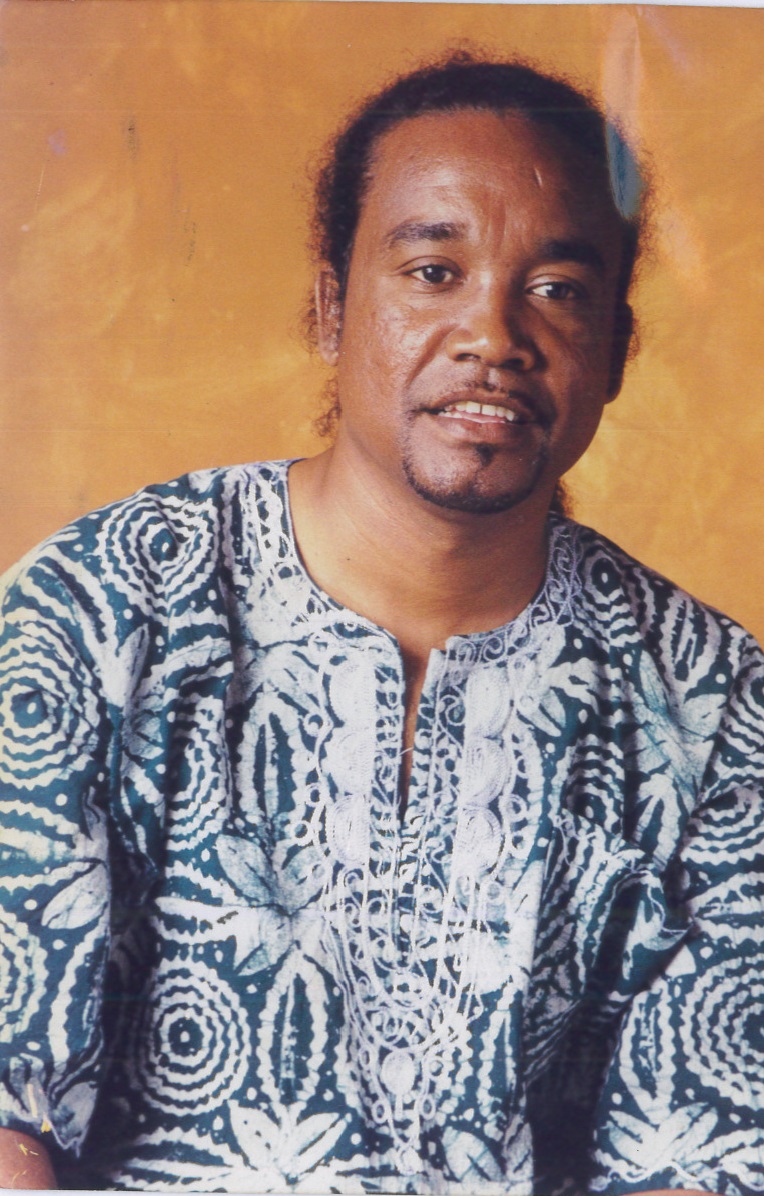Protecting local talent in Africa
By Daniel Kamau, Anti-Piracy Director for Microsoft West East & Central Africa and Indian Ocean Islands
When I say ‘Intellectual Property’, what do you think of? Copyright laws? Trademarks? Patents? Those are all big legal words. Words that don’t sound like they really make an impact on any of us.
But what if I told you to think about local artists. Inventors. Musicians. Think about creative human beings with imaginative and inspired ideas – ideas that foster African innovation and establish Africa as a strong economic competitor on the global stage.
What happens if those ideas get stolen?
Piracy in Africa
Piracy is not only a threat to large and wealthy multinational organisations. It affects small businesses and individuals, which in turn negatively impacts socio-economic development. When people invest time and resources into an idea or product that gets stolen, the research and development cycle breaks down. People become discouraged. New ideas stop. Innovation stops. And because small and medium business enterprises (SMEs) create twice as many new jobs and grow revenues 15% faster than developed markets, job creation and economic growth stops too.
A threat to intellectual property (IP) is a threat to African economic development. Especially when Africa has an average software piracy rate of 80% -- making it one of the most affected continents in the world.
 Artists asking for recognition
Artists asking for recognition
I recently spoke to Mauritian artist and singer, Jean-Jacques Arjoon, about music piracy. Arjoon has been in the African music industry for 17 years and has seen it evolve from analogue to digital. For him, one of the biggest IP threats is the uploading and sharing capabilities offered by the online space.
“Writing is a form of expression and it takes an average of four months to create a song – maybe even four years for an album,” he explains. “When people upload and share work online, no licence fee is provided for by the producers and other IP owners. This has an impact on the music industry, as people no longer buy works produced by authors and IP owners in official music shops.”
“People need to be recognised in monetary terms for the time and effort they are putting into their work. They need funds to survive and keep providing music to their fans. If we want the music industry to last and be an economic backbone that keeps GDP on an upward curve, an absorber of unemployment and social crisis, and a creator of a happy population through entertainment, we need to protect IP rights.”
IP protection
IP protection gives small businesses and individuals the confidence they need to develop their ideas. It’s a promise that their time, effort and money will be protected and result in growth and success. For startups, securing investment and funding often depends on how well their IP is protected, because investors aren’t going to plug resources into an idea that could be quickly stolen or copied.
A challenge in Africa is that most people do support IP legislation and believe that inventors should be rewarded. However, they make use of pirated music, software, movies and other ‘fake’ goods, unaware that what they are doing is illegal.
If we want to see Africa thrive and become the economic competitor we know it can be, we have to protect our local talent – our musicians, artists and great thinkers. At Microsoft, we are deeply committed to IP protection. We have an important role to play in educating the public on IP rights and in partnering with governments to help them introduce and implement the right laws. It is up to us all to ensure that businesses – big or small – know that they have the opportunity to see their ideas become a reality.
If you are unsure whether or not you are buying fake software or goods, visit our website: How-to-Tell.